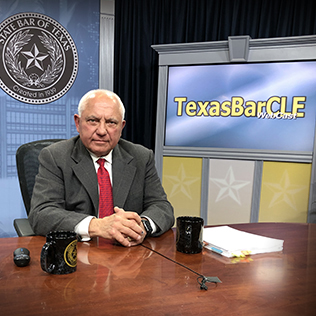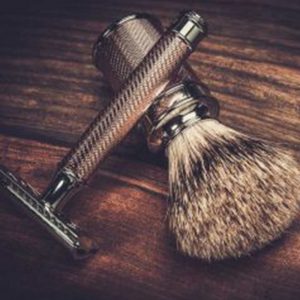 by Michael Pezzulli 1
by Michael Pezzulli 1
Trolls can be first seen in Norse folklore, focused mainly in the early Scandinavian countries that the Vikings had total control over—such as Norway and Sweden. The word “troll” actually evolved over time and wasn’t the first name of this type of creature. In the Scandinavian languages, the word is actually a root for just about everything mystical and magical. “Trolleri” was considered to be a type of magic that was intended to harm others and is probably the primary source for the term “troll” for these mythological creatures were considered to be particularly malignant, especially toward humans, in stories from folklore.2
Sadly, the Troll has crawled out from under the bridge and has firmly attached itself to Patent Litigation; however, it has never lost its malignant nature, especially towards humans and the innovation industry. This malignancy has continued to spread throughout the United States. “The number of patent lawsuits filed spiked by almost 30% in 2012 to over 5,000, with some of that increase attributed to the AIA’s ‘anti-joinder’ provision…. Patent infringement litigation shows no signs of cooling off, either as a means of generating revenue or of protecting competitive advantages.”3

 Texas Law Updates
Texas Law Updates


 Michael Pezzulli conducted a live webinar for the State Bar of Texas on a popular topic, “Criminal Law and Civil Litigators: A Review of Three Little Known Federal Statutes and Parallel Prosecution” in March 2019. Attorneys with civil audit cases with a potential risk of criminal prosecution need to be aware of the many challenges involved to prepare appropriate, balanced strategies for their clients.
Michael Pezzulli conducted a live webinar for the State Bar of Texas on a popular topic, “Criminal Law and Civil Litigators: A Review of Three Little Known Federal Statutes and Parallel Prosecution” in March 2019. Attorneys with civil audit cases with a potential risk of criminal prosecution need to be aware of the many challenges involved to prepare appropriate, balanced strategies for their clients. by Michael Pezzulli
by Michael Pezzulli




